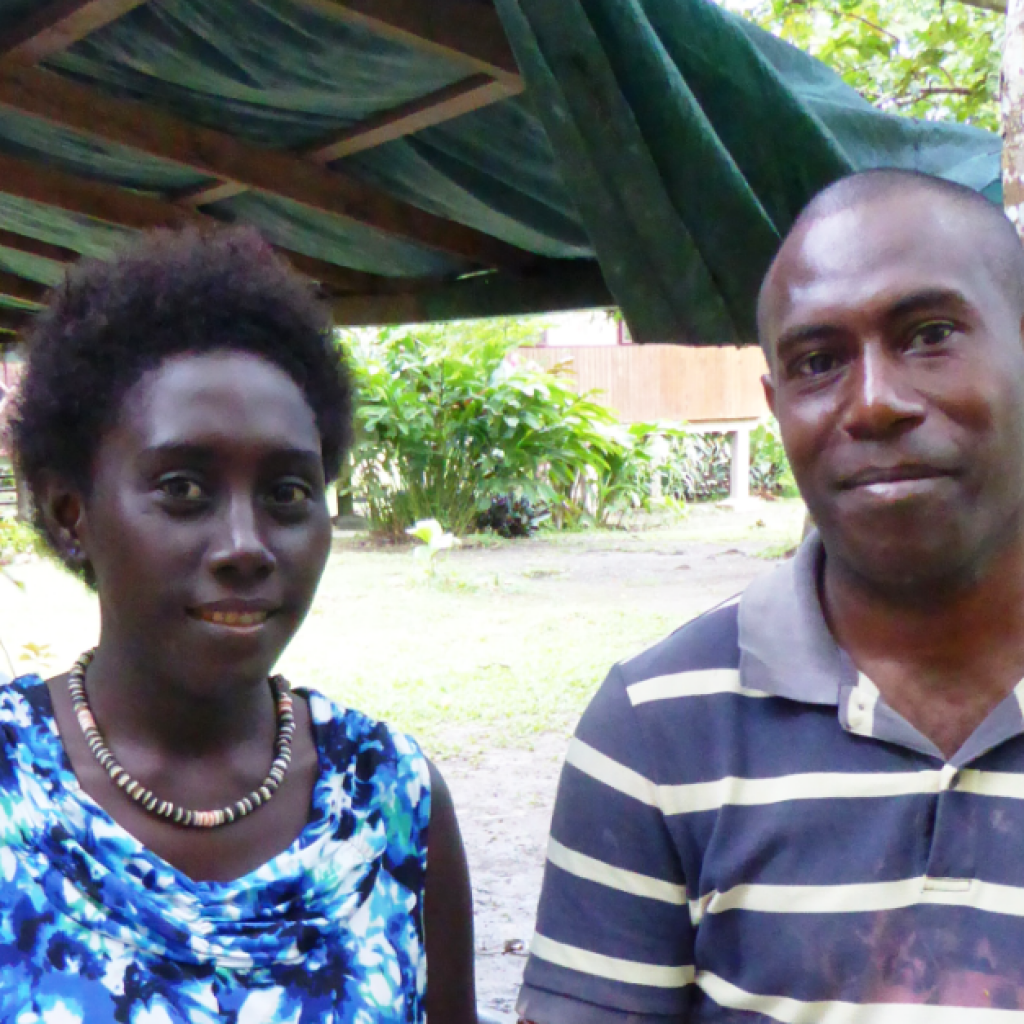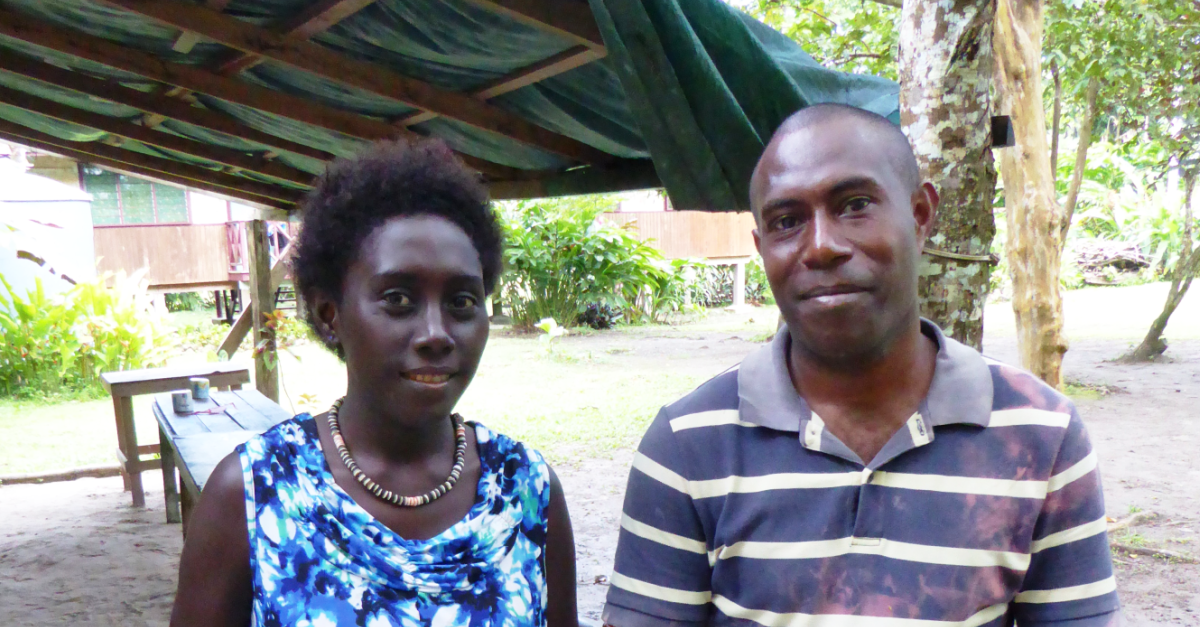
Equality means all of us. Here’s how that looks in Bougainville.
This month, something remarkable is happening. In the Autonomous Region of Bougainville, Papua New Guinea, a country known for being one of the most dangerous places in the world to be a woman, a dedicated team of activists will take to the streets to champion the rights of women and girls.

This month, something remarkable is happening. In the Autonomous Region of Bougainville, Papua New Guinea, a country known for being one of the most dangerous places in the world to be a woman, a dedicated team of activists will take to the streets to champion the rights of women and girls.
The activists will hold community conversations, share campaign materials and challenge the attitudes and beliefs that result in more than two in three Bougainville women being subjected to physical and sexual abuse.
These activists are working with IWDA partner Nazareth Centre for Rehabilitation. They share a clear message – that gender equality means all of us.
The difference about this group of activists is that many of them are men. So why does this matter?
Why male activists matter
Whatever social issue you’re trying to tackle, preaching to the converted isn’t enough. If you’re trying to tackle racism, you can’t just work with people of colour. If you’re addressing homophobia, people of all sexual and gender identities need to work on a more inclusive world. And when you’re trying to stem sexism, men need to be part of the solution.
Men are overwhelmingly the perpetrators of gender-based violence. To see violence truly eliminated, the attitudes of men need to change. The team at the Nazareth Centre know this, as do the members of their Women’s Human Rights Defenders and male advocates programs. Together, men and women are determined to address and change the damaging beliefs and behaviours that result in women and girls being physically, psychologically or sexually abused.
How are male advocates supporting women to address violence?
At the community level, a network of male advocates are supported by the Nazareth Centre to actively challenge the dangerous attitudes that lead to gender based violence. Male advocates reinforce the work of the Women’s Human Rights Defenders, who are advocating for gender equality, elimination of violence and respectful relationships.
The Nazareth Centre provides counselling and training about women’s rights, gender equality and gender-based violence to men, including those who commit violence against women in order to assist families to rebuild their lives and prevent further abuse. They also work in the wider community to reshape the attitudes that lead to gender-based violence. The program aims to create strong male advocates n and work on educating local men and women about respectful relationships, conflict resolution, gender equality and human rights.
Male advocates work together with Women Human Rights Defenders on various initiatives, including visits to schools and other community groups where they run a series of workshops that deal with men’s health, perceptions of women, and how to live a life free of violence. By targeting boys early, male advocates are raising a new generation of men who respect the rights of women. Importantly, male advocates lead by their own example and act as role models for gender equality in their communities.
Is it working?
To end violence against women, we need to challenge the attitudes that perpetuate, rationalise and normalise that violence, and deny women’s right to safety. Shifting these behaviours is hard and slow, but gender equality means all of us, and by working with men, the Nazareth Centre are taking critical steps to make lasting change. According to Alphonse Pemuko, Nazareth’s Male Advocacy Program Coordinator, it’s already having a positive having an effect.
“After listening to what we were presenting, [men] went home and started to reshape their behaviour. They started to help their wives. They started to shoulder the loads they were carrying. Those were the signs that men will change. But it’s a process,’ Alphonse said.
Importantly, these men provide an alternative non-violent and respectful peer culture that challenges the social norms of oppression and abuse. Nazareth Centre for Rehabilitation male advocates have shown there are already many men who are standing proudly alongside women in the fight for gender equality. The more boys and men that can be supported to change their behaviours and attitudes, the more women can lead safe, free and equal lives.
Right now, these advocates are gearing up for more action and outreach starting on Friday November 25th, International Day for the Elimination of Violence against Women. If you’d like you to support organisations like Nazareth Centre for Rehabilitation, you can donate here.

